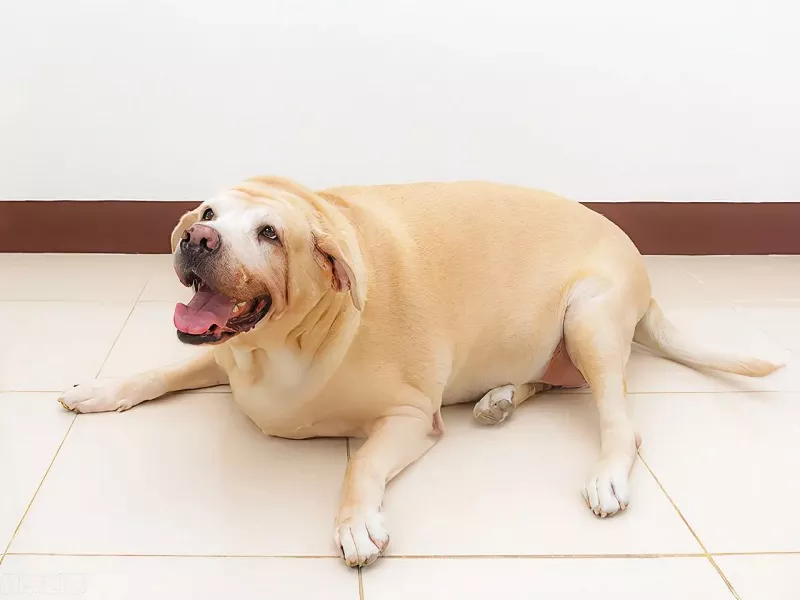As your beloved German Shepherd enters their senior years, their nutritional needs evolve, requiring a diet that caters to their changing health requirements. Senior German Shepherds may experience reduced activity levels, changes in metabolism, and specific age-related health concerns. Providing the right dog food is essential to support their overall well-being and ensure they enjoy a comfortable and healthy senior life. In this article, we will explore the key considerations for selecting the best dog food for senior German Shepherds, helping you make informed decisions to nourish your loyal companion with care.
Understanding Senior German Shepherd Nutrition
As German Shepherds age, their nutritional needs shift to address their changing bodies and potential age-related health issues. Key considerations for senior German Shepherd nutrition include:
Lower Caloric Content: Senior German Shepherds typically have lower activity levels, so their calorie intake should be adjusted to prevent weight gain.
Joint Support: Joint health becomes crucial for senior dogs, and foods with added glucosamine and chondroitin can help support mobility.
Digestive Health: Senior dogs may experience reduced digestive efficiency, so easily digestible ingredients can aid in nutrient absorption.
Immune System Support: Foods rich in antioxidants and vitamins can help boost the immune system, which becomes essential in the senior years.
Weight Management: Maintaining a healthy weight is crucial to reduce strain on aging joints and promote overall health.
Choosing the Right Dog Food
When selecting the best dog food for your senior German Shepherd, consider the following factors:
High-Quality Protein: Look for dog food with easily digestible, high-quality protein sources, such as chicken, turkey, or fish.
Joint Support Ingredients: Opt for foods containing glucosamine, chondroitin, and omega-3 fatty acids to support joint health and mobility.
Digestive Health: Foods with probiotics and easily digestible ingredients can promote a healthy gut and aid in nutrient absorption.
Controlled Calories: Senior dog food should have a lower calorie content to prevent weight gain in less active dogs.
Antioxidants and Vitamins: Foods with added antioxidants and vitamins can support the immune system and overall health.
Grain-Inclusive or Grain-Free: Consider your senior German Shepherd’s individual needs and consult your veterinarian about grain-inclusive or grain-free options.
Avoiding Allergens: If your senior German Shepherd has food sensitivities or allergies, opt for foods that exclude potential allergens.
Best Ingredients for Senior German Shepherds
Protein Sources: Lean meats like chicken, turkey, fish, and lamb provide high-quality protein without excessive fat content.
Whole Grains: Whole grains like brown rice, barley, and oats can offer a source of energy and fiber, promoting digestive health.
Fruits and Vegetables: Ingredients such as sweet potatoes, carrots, and blueberries provide vitamins and antioxidants for immune support.
Fish Oil: Rich in omega-3 fatty acids, fish oil helps support joint health and promotes a healthy coat and skin.
Feeding Schedule and Portions
Senior German Shepherds may benefit from multiple smaller meals throughout the day to aid digestion and manage weight. Consult your veterinarian to determine the appropriate feeding schedule and portion sizes based on your dog’s weight, activity level, and overall health.
Transitioning to New Food
When transitioning your senior German Shepherd to a new food, do so gradually over 7-10 days. Mix the new food with their current food, gradually increasing the proportion of the new food until they are fully transitioned. This approach helps avoid digestive upset.
Consult Your Veterinarian
Always consult your veterinarian before making significant changes to your senior German Shepherd’s diet. Your vet can provide personalized recommendations based on your dog’s individual health needs.
Conclusion
Providing the best dog food for your senior German Shepherd is a vital part of ensuring they age gracefully and comfortably. Look for foods with lower calories, joint support ingredients, and easily digestible components. Antioxidants, vitamins, and immune-boosting elements can further enhance your dog’s overall health. Remember to monitor their weight and consult your veterinarian for any specific dietary requirements. With the right care and a well-balanced diet, your loyal senior German Shepherd can enjoy their golden years to the fullest, maintaining their love and devotion as a cherished member of your family.
Related Topics:


























